In the late 1950s BMW was in trouble. At one end of the spectrum it offered the expensive and luxurious 503 and 507, while at the other there was the Isetta. The luxury cars sold in tiny numbers, were expensive to make and lost money as a result, while the Isetta was in a price-sensitive segment with wafer-thin profit margins. In short, BMW was doomed if it didn’t act quickly and decisively.
The German car maker’s solution was to introduce the 600, an enlarged Isetta with seating for four. But that also sold very poorly, pushing its maker even further into the red. BMW had borrowed seven million deutschmarks to put the 600 into production, taking the gamble that it could sell 400,000 examples each year, but in little more than two years (spanning 1957-1959) just 34,813 were sold before the plug was pulled.

Having descended even further into the mire as a result of the 600 debacle, BMW tried to merge or collaborate with – or even be swallowed whole by – Ford, GM, Daimler-Benz and Rootes. But none of those companies was interested in a company that had so little to offer. The end appeared nigh, but then BMW’s Austrian importer Wolfgang Denzel said that if BMW was to survive, it should develop a small car using the 600’s mechanicals, but with a far more appealing design. BMW’s managing director Heinrich Richter-Brohm told Denzel to come up with a solution, so he did, saving the company from oblivion in the process.
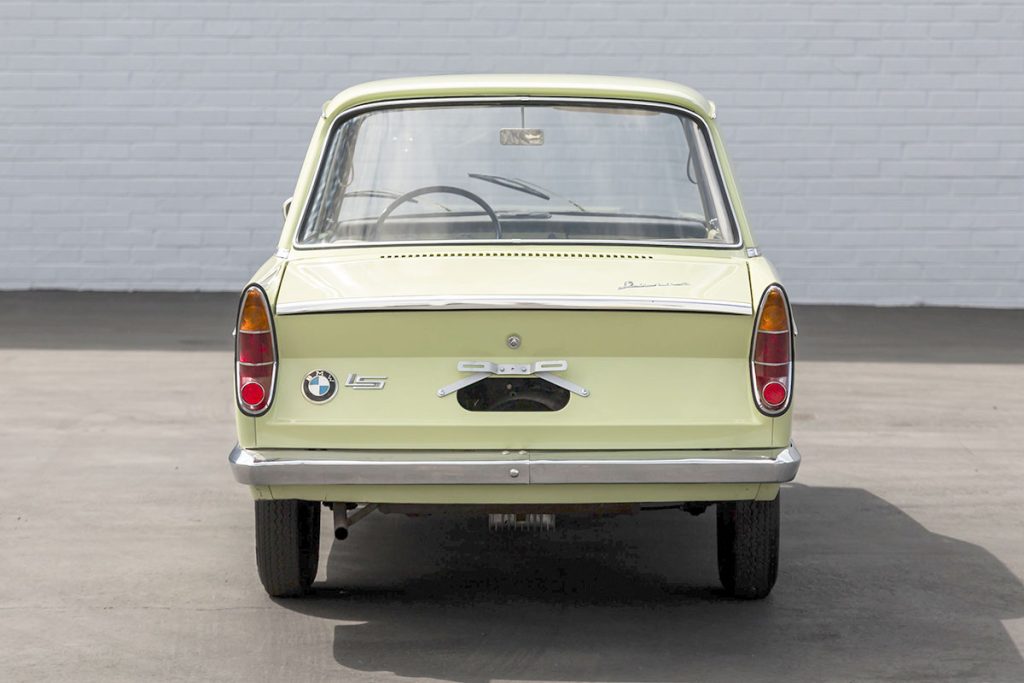
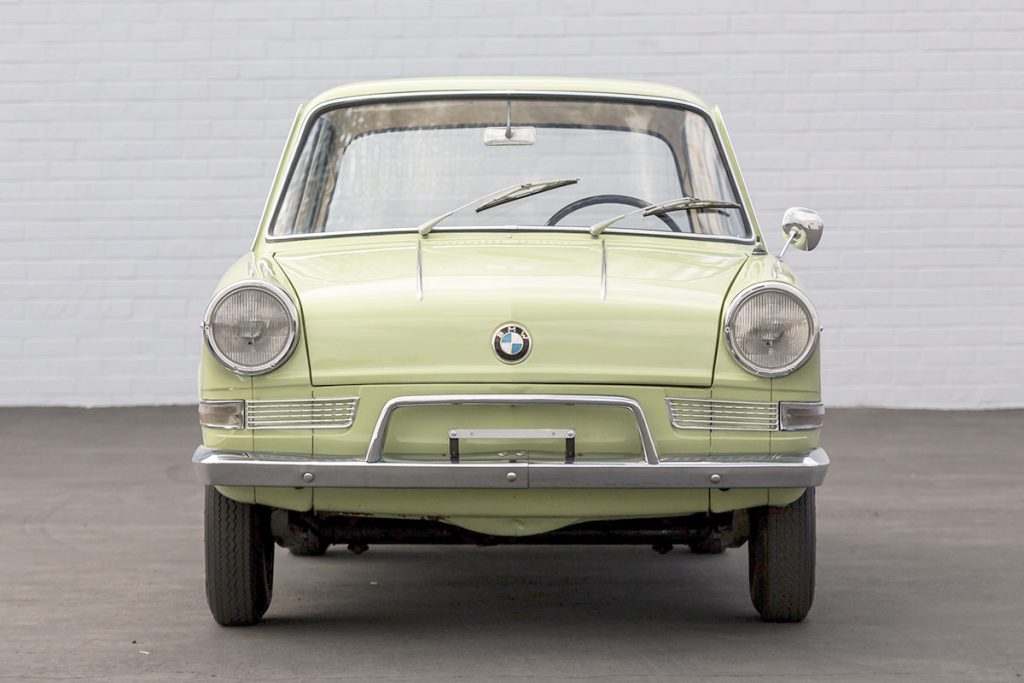
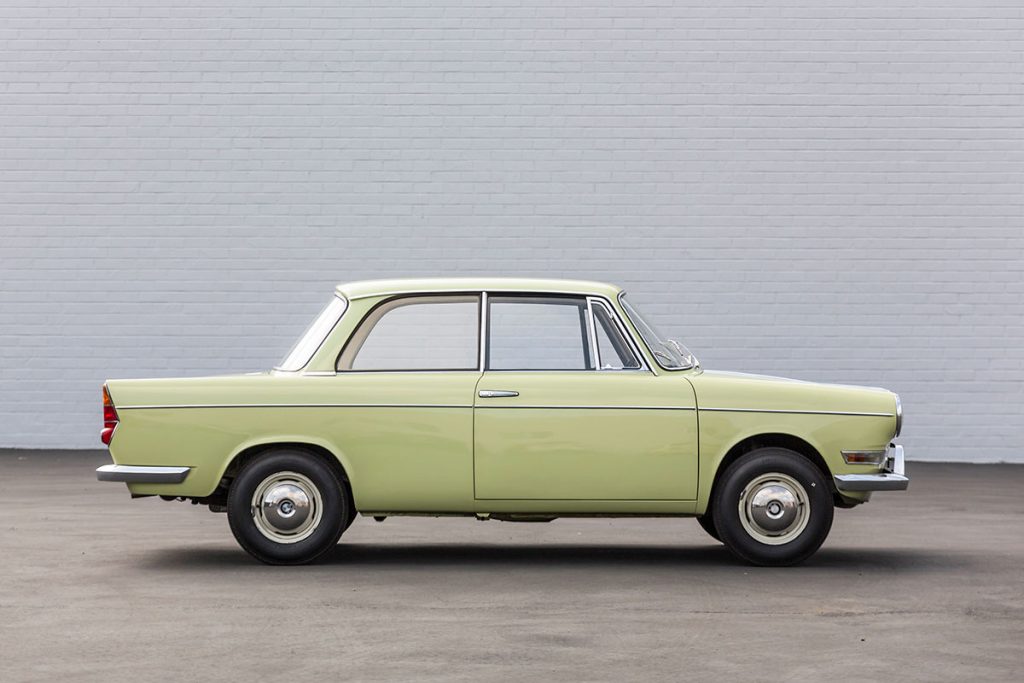
Denzel approached Giovanni Michelotti, and commissioned him to design a small family car based on an extended BMW 600 platform. The result was the 700, unveiled at the September 1959 Frankfurt motor show and powered by an enlarged version of the 600’s two-cylinder air-cooled R67 motorcycle engine. Mounted in the rear, the 697cc twin was rated at 32bhp, which was enough to punt the BMW along at up to (a very buzzy) 75mph, with 0-60mph possible in 26 seconds or so. For those who wanted more, a 40bhp twin-carb high-compression Sport edition was offered from 1964, capable of 85mph.
Offered as a two-door saloon or coupé, the 700 captured buyers’ imaginations and the orders came flooding in. The 700 was an easy sell for BMW salespeople, because although it was quite basic and the rear seats were cramped, it was superbly built; some of the fixtures and fittings were taken from BMW’s far more expensive 503 and 507. While these were priced at £4958 and £4392 respectively in 1960, the 700 was a rather more palatable £728; an Austin Mini 850 could have been yours for £496, while a Ford Anglia 105E was £494.
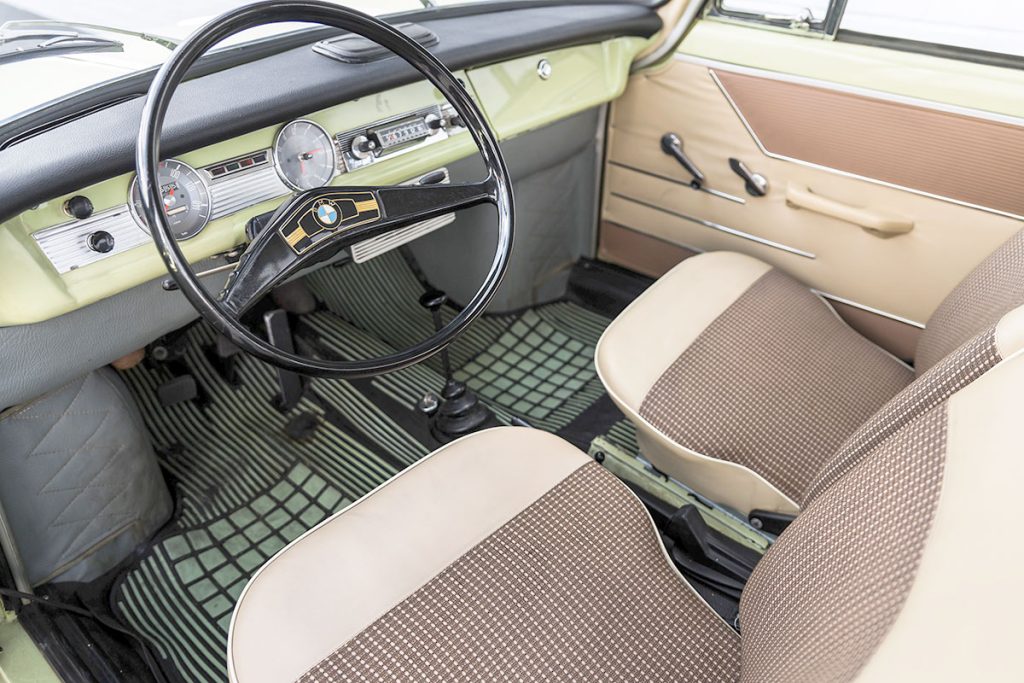
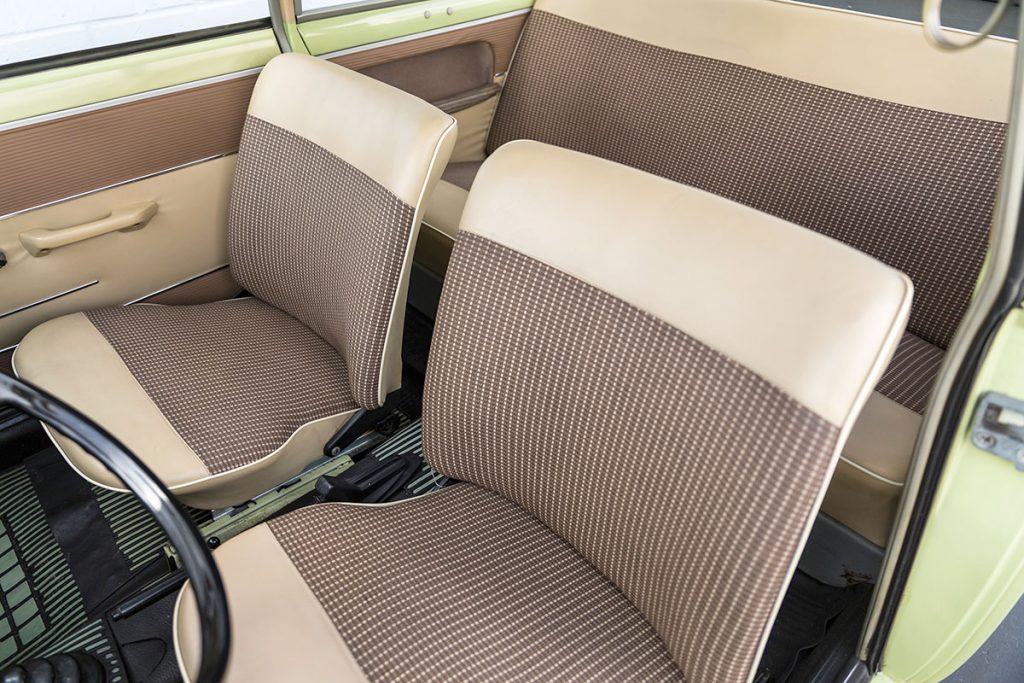
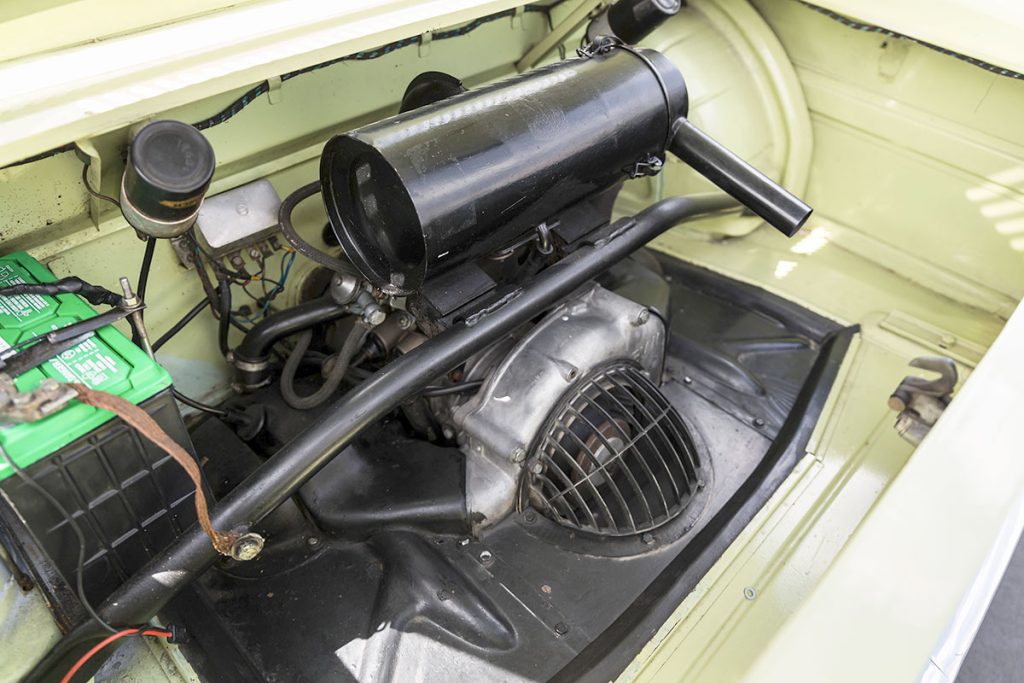
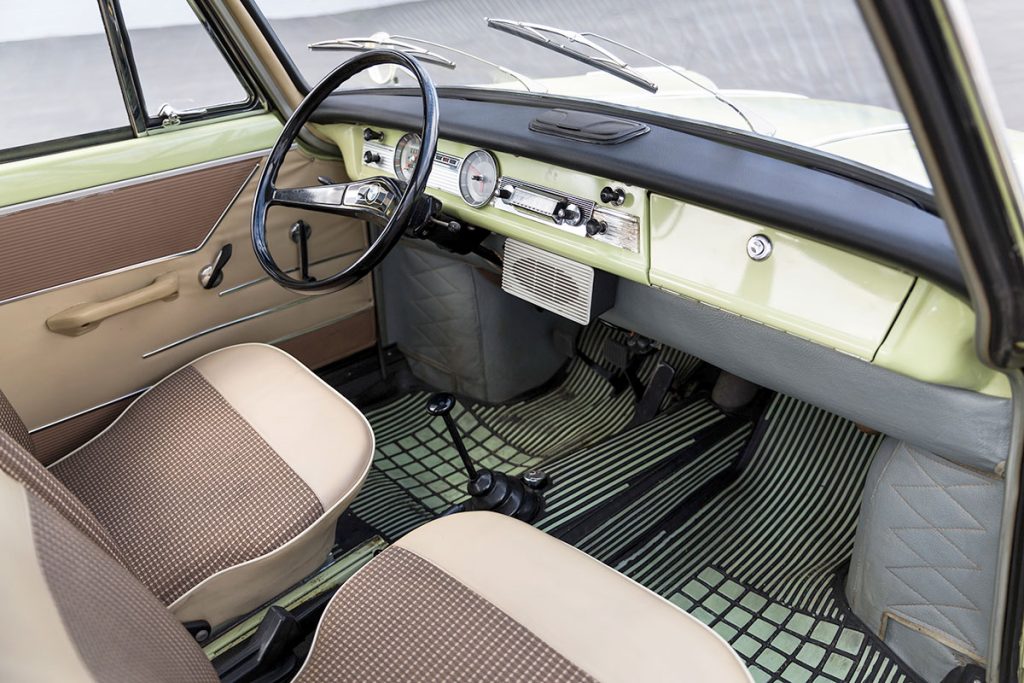
What sealed the deal for many buyers was the 700’s brilliant chassis, which made the driving experience far more fun than most contemporaries. Crucial to this was the semi-trailing arm rear suspension that the 600 had pioneered. This was carried over to the 700, and every BMW would feature the same layout right into the 1990s. With a kerb weight of just 630kg, the 700 was also light, agile and nippy, and it wasn’t long before it started to notch up victories in competition, upon which BMW capitalised, to garner more sales.
While the 700 was a smash hit for BMW, very few were sold in the UK and it’s reckoned that no more than a couple of dozen are here now. Germany was the biggest market, followed by America. When the 700 was unveiled at the Frankfurt motor show, 15,000 orders were placed by Germans while the show was still running, and another 10,000 orders came in from the ‘States. Within a year the 700 accounted for almost 60 per cent of BMW’s turnover, most of the rest being the Isetta which remained in production until 1962.
In 1961 BMW had introduced a 700 cabriolet, although just 2592 of these were made from an overall 700 production run of 188,121. Crucially, the 700 was very profitable and it provided the company with enough cash to develop the Neu Klasse saloon that would put the company on a sustainable path to success. That car was introduced in 1962, less than three years after it looked as though BMW would probably disappear forever. Had the 700 not been so successful, that’s probably what would have happened.
Read more
The Handbook of Sloane Ranger Cars: BMW 3-series E21
We get it BMW, your old cars are uncool now
Rare and classic BMWs sell for ‘unexpectedly high’ prices in Munich

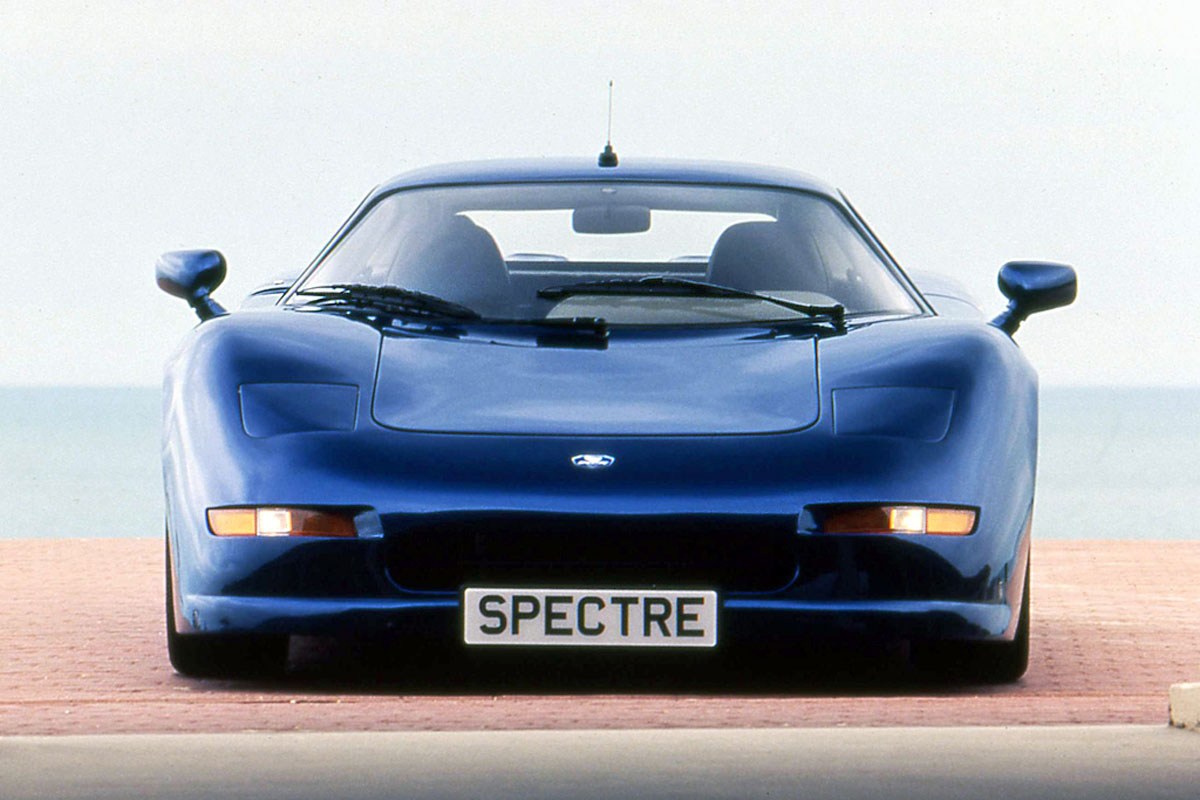
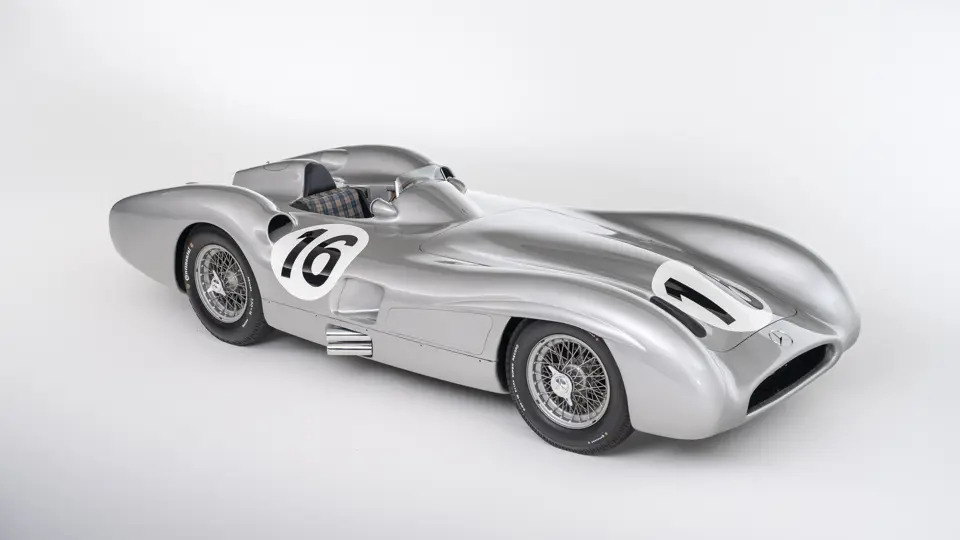
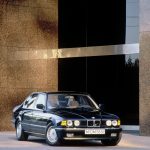



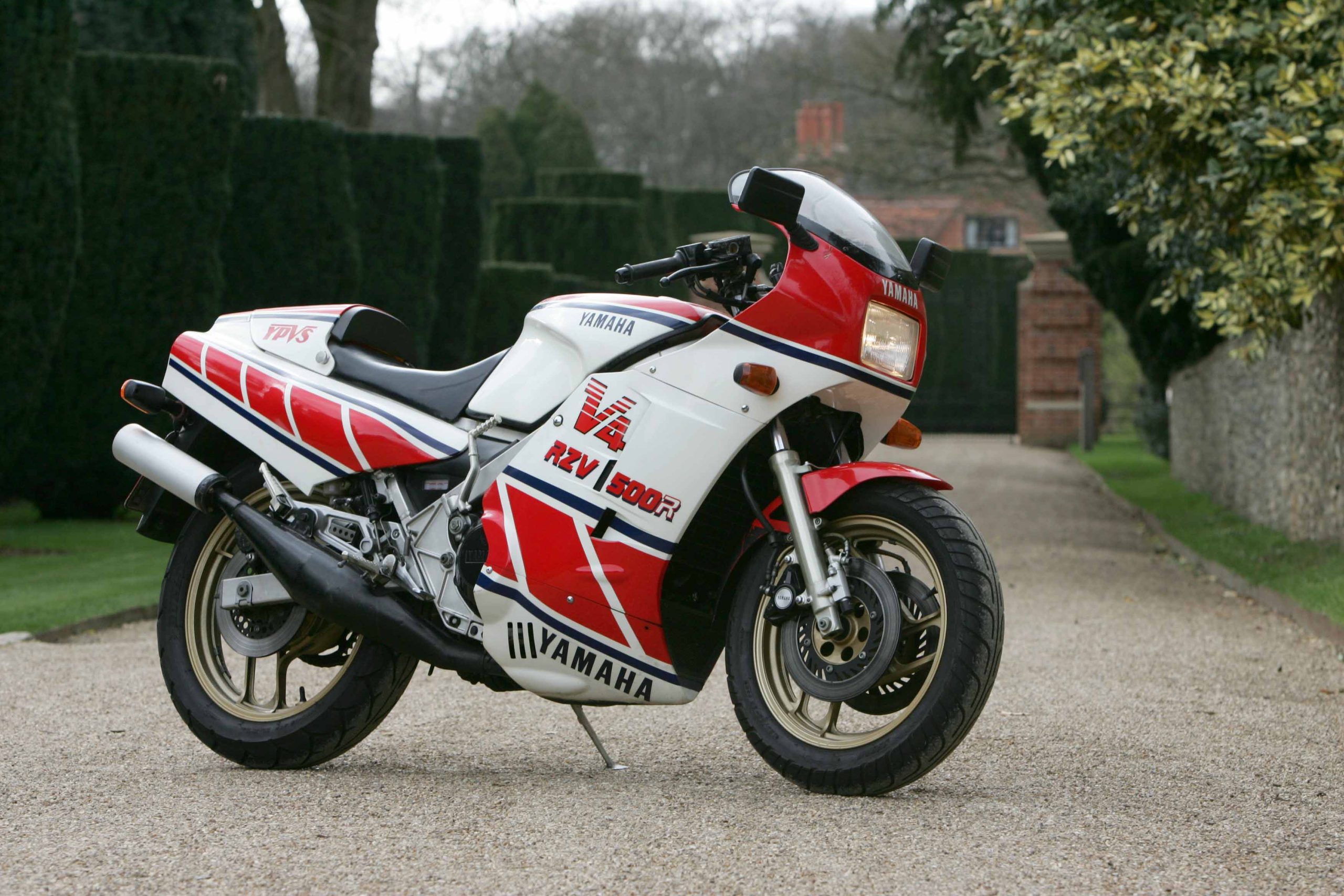
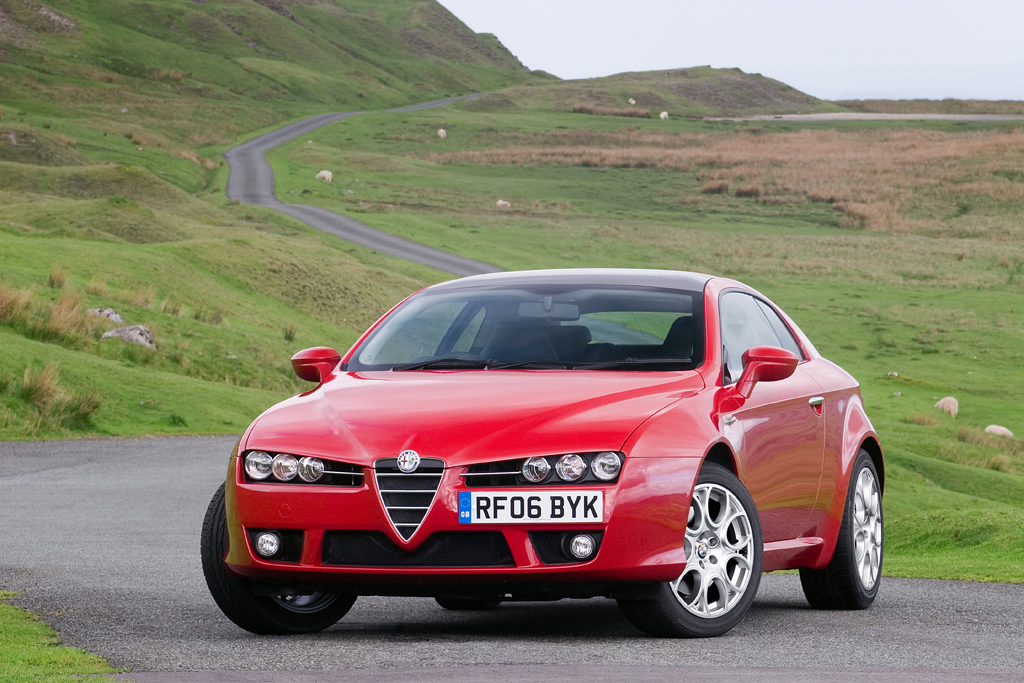


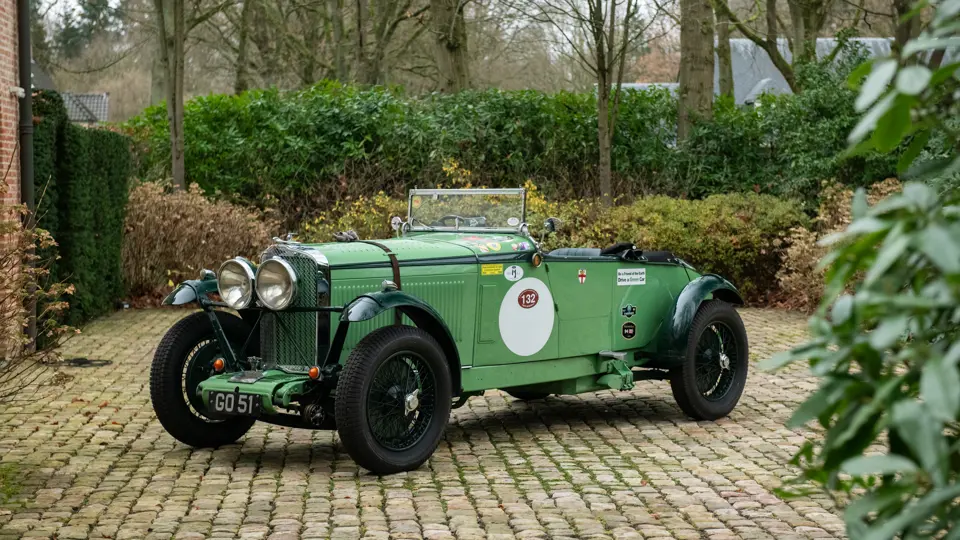
Remember Hammond’s little Opel, “Oliver” ? This looks like Oliver’s dim-witted cousin. The car’s USA sales are certainly proof of Christian forgiveness!
Nice to see you have done your homework on the BMW 700 a car that most people have never seen or heard about. I do own two of these wonderful little motors, a 1963 saloon and a ’61 coupe S that is presently being built into a hill climb/ race car.
Thanks again for your enthusiastic reviews.